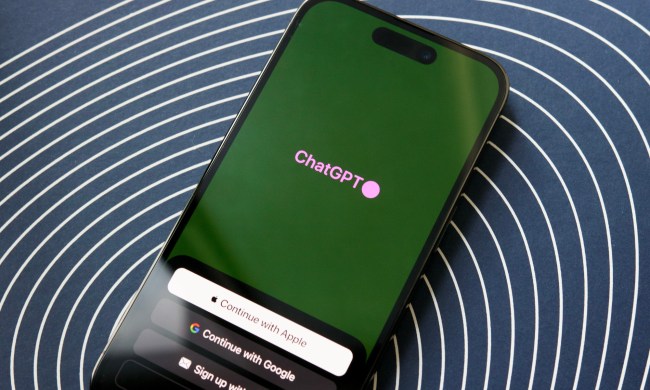
In a Time op-ed published Sunday, OpenAI co-founder Sam Altman and Huffington Post founder Arianna Huffington announced they are teaming up to fund development of an “AI health coach” via the Thrive AI Health startup. The digital doctor would be trained on “the best peer-reviewed science” as well as “the personal biometric, lab, and other medical data” users choose to share with the company.
“Every aspect of our health is deeply influenced by the five foundational daily behaviors of sleep, food, movement, stress management, and social connection,” the duo wrote. “AI, by using the power of hyper-personalization, can significantly improve these behaviors.” For example, the medical chatbot would try to learn what conditions lead to you having a good night’s rest, your favorite foods, your exercise and movement habits, and how you most effectively reduce your stress. The result will be, “a fully integrated personal AI coach” offering “real-time nudges” and personalized recommendations.
Altman and Huffington go on to argue that “chronic diseases — like diabetes and cardiovascular disease — are distributed unequally across demographics, a hyper-personalized AI health coach would help make healthy behavior changes easier and more accessible.” They note that 129 million Americans are living with such chronic diseases and that roughly 90% of the nation’s $4.1 billion in health care spending goes toward their treatment, rather than prevention.
The pair offer the example of a “busy professional with diabetes.” Their health coach, which would be trained on the user’s specific medical data, could provide reminders to take their medication, offer healthy meal options, and encourage them to exercise. They claim that “using AI in this way would also scale and democratize the life-saving benefits of improving daily habits and address growing health inequities.”
It’s not clear, though, how those offerings are superior to setting reminders on your phone and Googling “healthier meals for diabetics” — or, at least, superior enough that it outweighs the risks of handing over your personal medical records for OpenAI’s perusal.
There’s also the ongoing issue of AIs “hallucinating” incorrect information in their responses. It’s bad enough we’re told to put glue on our pizzas but having an AI hallucinate when providing medical advice could easily lead to life-threatening outcomes.
This isn’t even the first time Silicon Valley has tried to build an AI health coach. Onvy offers a similar product for both iOS and Android that works across more than 300 fitness trackers, Google subsidiary Fitbit is reportedly working on an AI chatbot for its line of wearables, and Whoop already offers a ChatGPT-powered coach AI for its products.



